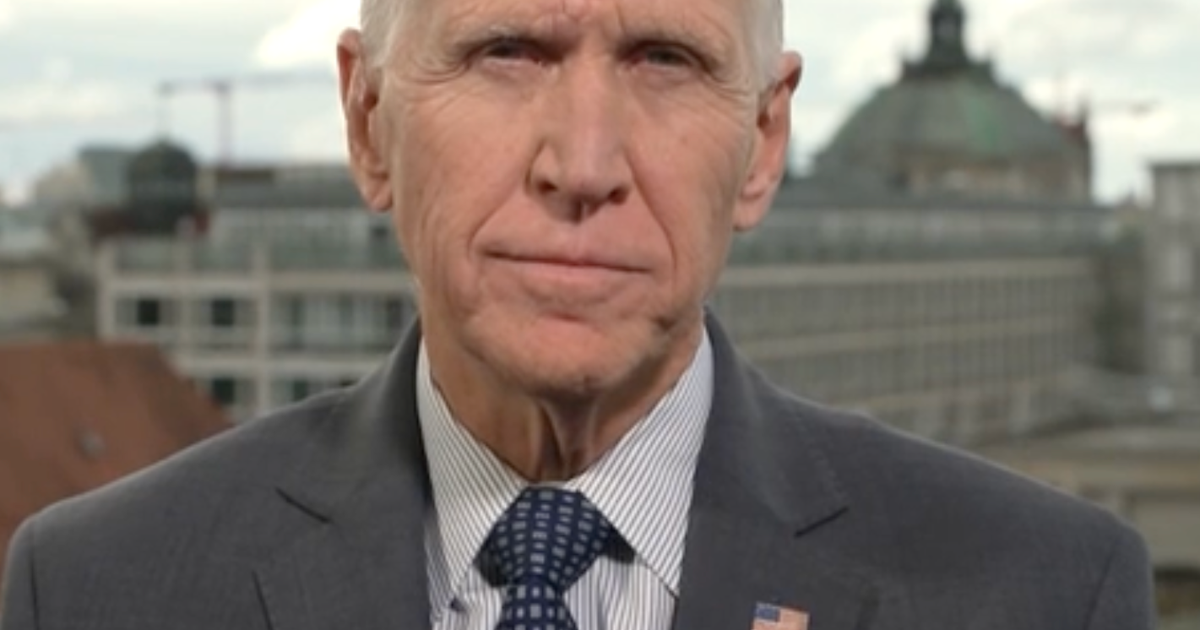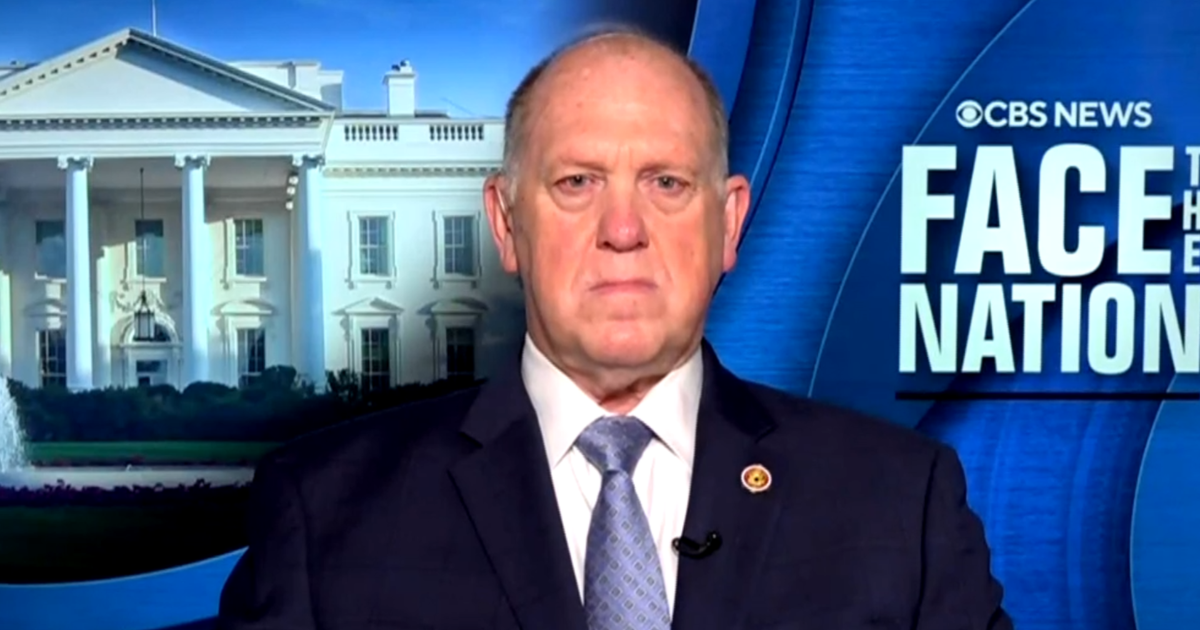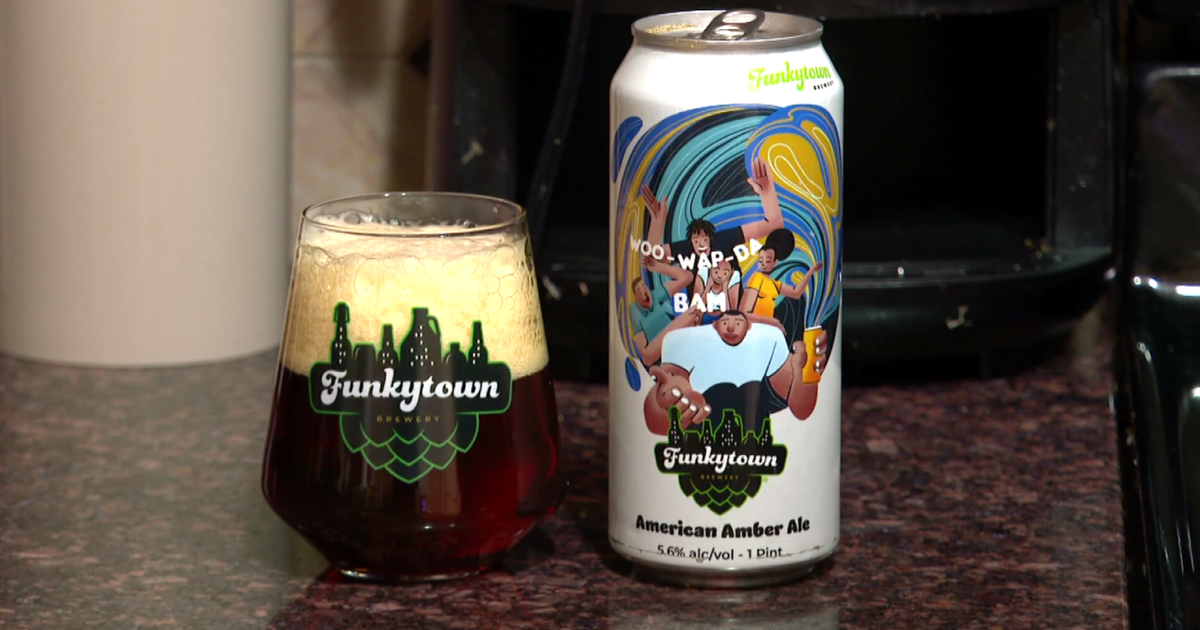Transcript: Miami Mayor Francis Suarez on "Face the Nation," January 31, 2021
The following is a transcript of an interview with Miami Mayor Francis Suarez that aired January 31, 2021 on "Face the Nation."
MARGARET BRENNAN: Welcome back to FACE THE NATION. We go now to Miami, still a hotspot for COVID-19. Mayor Francis Suarez is there. Good morning to you, Mr. Mayor.
MAYOR FRANCIS SUAREZ: Good morning, MARGARET. It's a pleasure to be with you this morning.
MARGARET BRENNAN: According to the CDC. Florida is the state with the most cases of B117. That's that strain first detected in the U.K. It's highly contagious. And I know there's a concentration in South Florida. What mitigation measures are you putting in place in your city to contain it?
MAYOR SUAREZ: Well, you know, we've been restricted from being able to put in mitigation measures. I had implemented a mask in public order back when we were allowed to do that during the summer, and that drove down cases by 90%. Now, we're not allowed to implement a mask in public order. It's something that I had been speaking to the coronavirus task force about. The good news is that as opposed to the summer where we had 2,300 COVID patients county wide, which was a tremendous strain on our hospital system, now we have less than a thousand patients. So, you know, even though we are obviously battling with- with a new strain, that is not thankfully at this point materializing into more hospitalizations.
MARGARET BRENNAN: When you say not allowed, I assume you're referring to Governor DeSantis, a fellow Republican who has put in place restrictions to bar local governments from enforcing mask mandates. So you're- are you telling him, as mayor, I need power over my own city?
MAYOR SUAREZ: Sure, yeah. I've- I've tried to reach him on multiple occasions to tell him to give us the opportunity, not just here at the city, but in the county, to be able to institute things that we think are common sense, that we think are backed up by science and we can demonstrate are backed up by science. I have a chart that shows demonstrably that masks in public work. Thankfully, a lot of our residents are doing it regardless. I think they're obviously concerned about their own health. And certainly we've been hammering home the point in PSAs, you know, throughout, you know, the last few months. And I think that's one of the main reasons why our hospitalizations remain low. So I'm very thankful that our residents are listening, despite the fact that it's something that we can't mandate.
MARGARET BRENNAN: And the governor has not responded, I assume, to your requests?
MAYOR SUAREZ: That's correct. That's right.
MARGARET BRENNAN: I looked at the White House report for your state this week and it highlights the metro area around Miami as being in the red zone. But your restaurants are allowed to have 100% capacity, along with social distancing, of course. But your bars, your nightclubs, your gyms are all open. Should you be rethinking that?
MAYOR SUAREZ: Well, like I said, you know, unfortunately, that's not in our purview. That's something that the governor has decided. And certainly we're- we're blessed that our residents, I think, are also heeding the warnings and are using masks, despite the fact that there are significantly greater concentrations of people at those establishments. Because of that, our hospitalizations have plummeted from the summer. And like I said, we're in- in a place where we have significantly less than we had before. Obviously, for our aging population, we're focusing on vaccinating that population right now as we speak. And that's been our priority to make sure that we can protect those that are the most vulnerable, those that are at the most risk of losing their life if they contract the virus.
MARGARET BRENNAN: Do you know if you have any of the cases of P1, the strain out of Brazil, or B1351 out of South Africa?
MAYOR SUAREZ: I don't yet. I haven't gotten any indication from the- the State Health Department that we have any of those strains. It's very possible that we do. What we do know and what we've been told is that the vaccines that we're administering for both Moderna and Pfizer are effective against the U.K. strain, which, of course, we all know is significantly more contagious than- than, you know, the sort of previous version of- of COVID-19. So, we're continuing to vaccinate both in the city of Miami at Marlins Park at about 7,000 a week. We'd love to have more vaccine. We think if we get significantly more, we can more quickly vaccinate the vulnerable population as well as the general population.
MARGARET BRENNAN: Now, vaccine tourism is also drawing people to Miami. I know you've tried to stop some of this and your governor has said to prioritize residents, but there was a Mexican TV star posting on social media last week that he flew into Miami, got a shot and then flew back to Mexico. Rules are still being broken here. How are you going to discourage that from happening?
MAYOR SUAREZ: Yeah, it's awful, and I think, you know, we don't control all the vaccine that's being administered. We control about 7,000 of the 22,000 that are being administered county wide. A lot of them are being administered by the hospital system and by other organizations that we don't control. We are very faithful about making sure that we're asking for identification, that people have a Florida ID because we think it's disrespectful. I mean, we have people in this community that are living here that are- are, you know, dying, frankly, and, you know, they want and they deserve to have priority if they're vulnerable. We need to get them vaccinated as quickly as possible to make sure that they can live peaceful and enjoyable lives without worry.
MARGARET BRENNAN: Are you investigating some of this rule breaking? You're saying you're confident that people are being asked for ID, but obviously people are exploiting that.
MAYOR SUAREZ: Well, like I said, we're only doing about a third of all of the vaccinations, so it's very possible that those cases are happening in the other two thirds. But- but definitely our- our fire department, which is the one that administers it, is on heightened alert for it and- and certainly will investigate any cases that we believe arise from any of the vaccinations that we've given.
MARGARET BRENNAN: The Miami Herald as you know, local paper there, says that communities with higher average incomes have been getting more doses than impoverished neighborhoods. Why is that happening?
MAYOR SUAREZ: Again, you know, we only control the ones that we give. We started doing it about a week ago at Marlins Park, and I can assure you that the ones that we're doing are- are for the general public they're- it's a state registration system, but it's possible that people are getting preferential treatment at hospitals. And that's something that, frankly, needs to stop immediately. We've been focusing on our minority communities, our underserved communities, to make sure that there's an equitable distribution of the vaccine to those that are vulnerable and that need it most.
MARGARET BRENNAN: Mr. Mayor, thank you for your time this morning.



